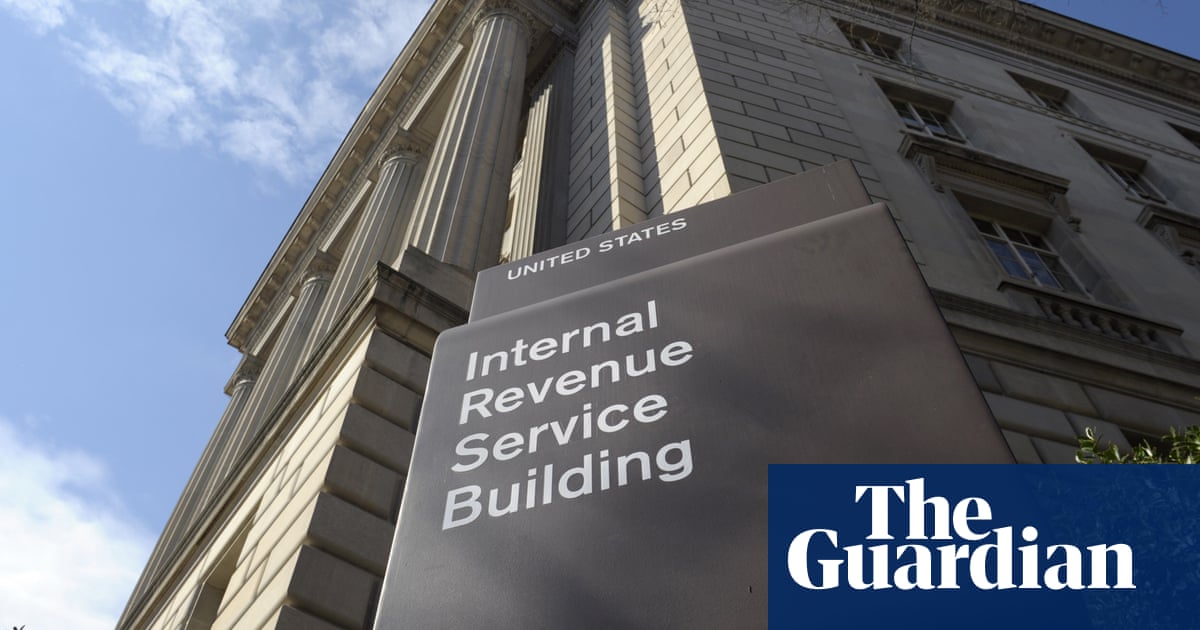The IRS will look into the digital payment service accounts of small businesses, freelancers and independent contractors
A new tax rule will impact millions of small businesses in 2022. You can thank one small change buried in the American Rescue Plan Act of 2021.
Let’s suppose you’re a small business owner or freelancer, and you get paid from a digital payment service like PayPal, Venmo, Zelle, Cash App or any third-party settlement provider that’s accepting credit cards on your behalf and putting money into your bank account. If those payments were for goods and services that you sold to customers, it was previously up to you to make sure you were reporting that income on your tax return. But now, beginning in 2022, if you receive more than $600 in total during the course of the year – regardless of how many customers are paying – your payment service is required to report that amount to the IRS.
Let’s be clear: you should be reporting those amounts as income anyway. But the reality is there are 30 million small businesses, freelancers, solo-preneurs and independent contractors in the US and – if my client base is any indication – many of them who receive a number of small payments from many customers throughout the year may, well, forget. Particularly if – as is often the case – there are many small transactions or their record keeping is sub-par. But no worries! The IRS will now be able to find out what you earned anyway.
This means that whether you’re selling products or services on Amazon, Etsy , eBay or at craft shows or just face-to-face, you can now expect to receive a 1099-K form – after 31 January 2023 – from the payment services that you’re using of the revenue they reported on your behalf to the IRS for the purchases of goods and services made in 2022. How do these services know that the purchases were made for goods and services and not just a payment from a friend or family member? Most of them are adding an extra form during the payment process for the payer to identify the nature of the payment.
You can also expect more questions this year from your payment service provider. “You may notice that in the coming months we will ask you for your tax information, like a social security number or tax ID, if you haven’t provided it to us already, in order to continue using your account to accept payments for the sale of goods and services transactions and to ensure there aren’t any issues when these changes take effect in 2022,” PayPal warns in a blogpost.
This helps us meet our obligations to the IRS and ensures that you will be able to continue using your account and access PayPal and Venmo features and services.”
There will be some overlap. For example, if you’re an independent contractor working for a company and you receive more than $600 via a payment service then you’ll likely get both a 1099-MISC from that company and a 1099-K from the payment service. In this situation you’d use the amount on the 1099-MISC and, assuming there are no other amounts from the payment service, you’d disregard the 1099-K.
Got it?
So what will the government do with this information? Nothing bad, I’m sure. They just want to know more about you and your business, that’s all! According to the IRS the data collected will only be used for “taxpayer education and outreach products and services” as well as “new examination and collection approaches”. Translation: if you’re not reporting the right amount we’re gonna get ya!
“For the 2022 tax year, you should consider the amounts shown on your 1099-K when calculating gross receipts for your income tax return,” PayPal warns. “The IRS will be able to cross-reference both our report and yours.”
Happy new year, everyone!
{{topLeft}}
{{bottomLeft}}
{{topRight}}
{{bottomRight}}
{{/ticker}}
{{heading}}
{{#paragraphs}}
{{.}}
{{/paragraphs}}{{highlightedText}}
{{#choiceCards}}{{/choiceCards}}
